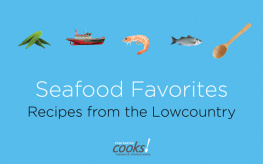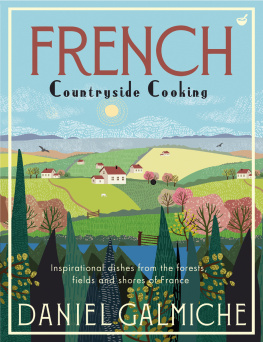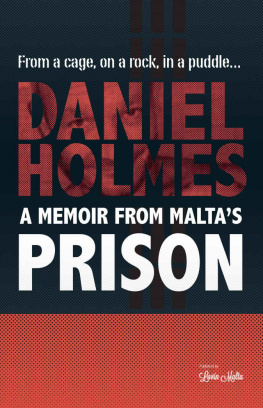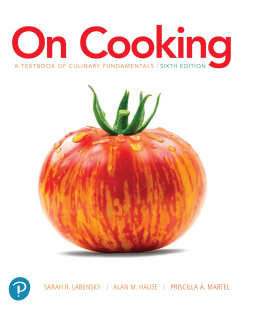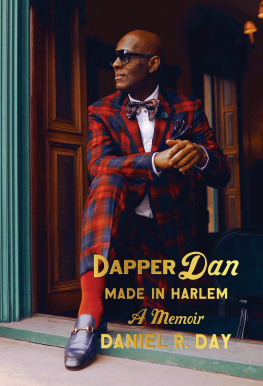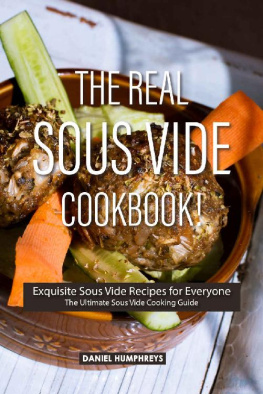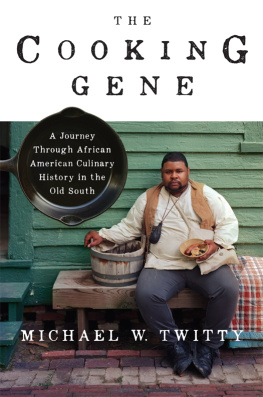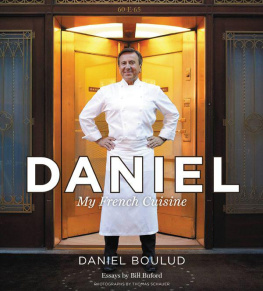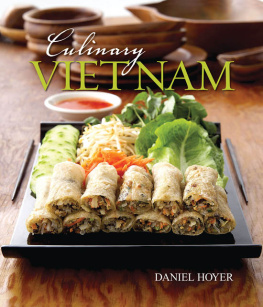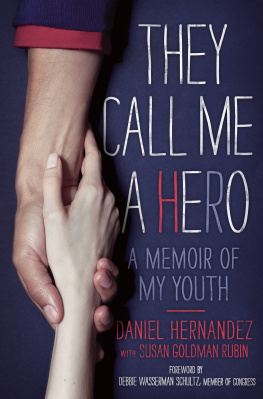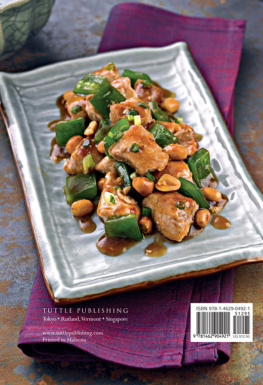Daniel Isengart - The Art of Gay Cooking: A Culinary Memoir
Here you can read online Daniel Isengart - The Art of Gay Cooking: A Culinary Memoir full text of the book (entire story) in english for free. Download pdf and epub, get meaning, cover and reviews about this ebook. year: 2020, publisher: Outpost19, genre: Home and family. Description of the work, (preface) as well as reviews are available. Best literature library LitArk.com created for fans of good reading and offers a wide selection of genres:
Romance novel
Science fiction
Adventure
Detective
Science
History
Home and family
Prose
Art
Politics
Computer
Non-fiction
Religion
Business
Children
Humor
Choose a favorite category and find really read worthwhile books. Enjoy immersion in the world of imagination, feel the emotions of the characters or learn something new for yourself, make an fascinating discovery.

- Book:The Art of Gay Cooking: A Culinary Memoir
- Author:
- Publisher:Outpost19
- Genre:
- Year:2020
- Rating:3 / 5
- Favourites:Add to favourites
- Your mark:
- 60
- 1
- 2
- 3
- 4
- 5
The Art of Gay Cooking: A Culinary Memoir: summary, description and annotation
We offer to read an annotation, description, summary or preface (depends on what the author of the book "The Art of Gay Cooking: A Culinary Memoir" wrote himself). If you haven't found the necessary information about the book — write in the comments, we will try to find it.
The Art of Gay Cooking: A Culinary Memoir — read online for free the complete book (whole text) full work
Below is the text of the book, divided by pages. System saving the place of the last page read, allows you to conveniently read the book "The Art of Gay Cooking: A Culinary Memoir" online for free, without having to search again every time where you left off. Put a bookmark, and you can go to the page where you finished reading at any time.
Font size:
Interval:
Bookmark:
Outpost19
San Francisco
outpost19.com
Copyright 2018 by Daniel Isengart
Published 2018 by Outpost19
All rights reserved.
The Art of Gay Cooking
/ Daniel Isengart
ISBN 9781944853495 (pbk)
ISBN 9781944853617 (ebk)
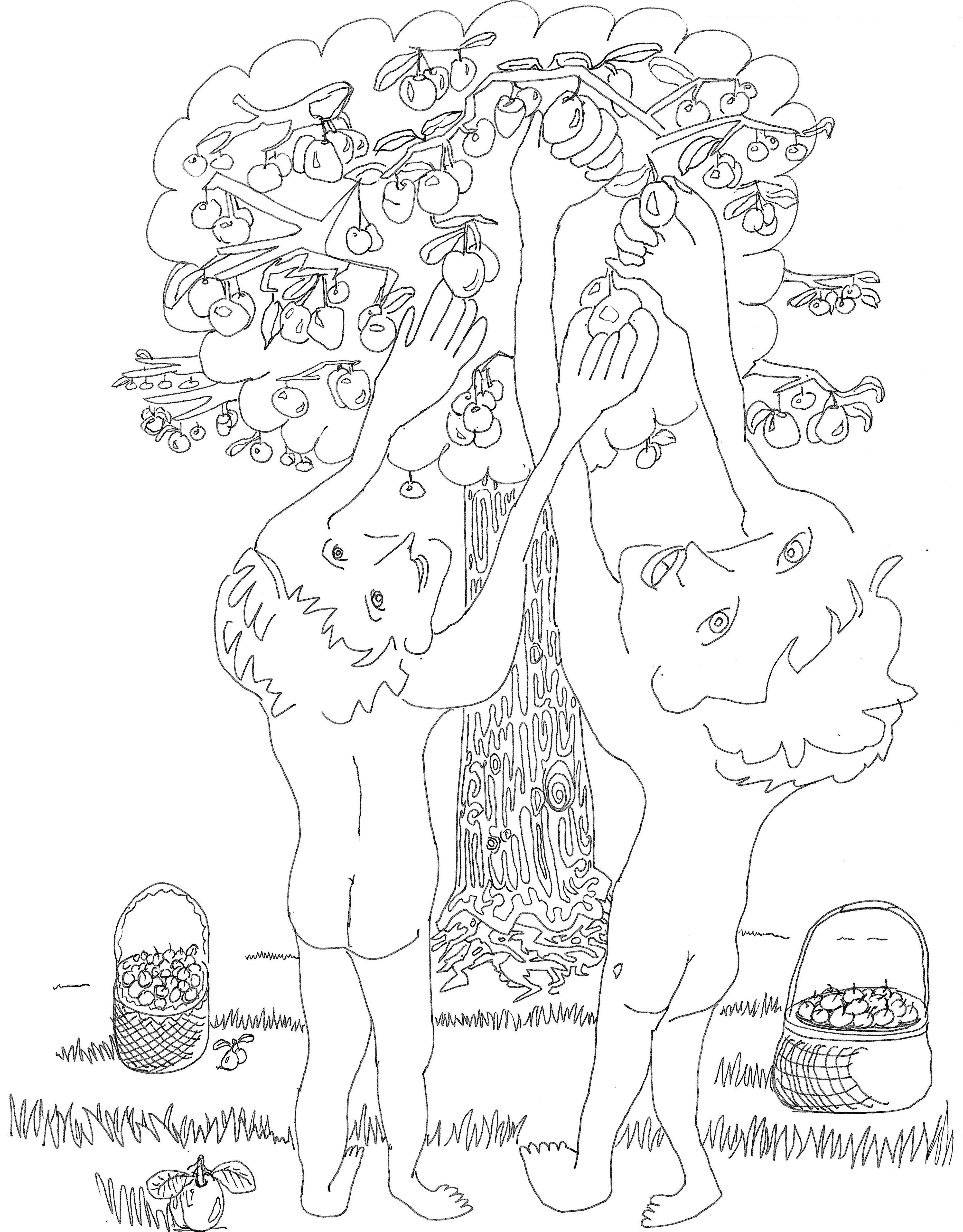
COOKING HAS ALWAYS BEEN a natural part of my life, but it had never occurred to me to pursue it as a career before I moved to New York City.
Born in Munich and raised in Munich and Paris I had grown from an avid young observer in my mothers and grandmothers kitchens to a young adult who found joy and satisfaction in the simple task of preparing home-cooked meals preferably for friends and family. By the time I reached my early twenties and readied myself to make the leap to New York, with show-business looming much larger in my mind than cooking, I had moonlighted but once in a professional kitchen a six-month stint as a sous-chef in an Italian restaurant, a job I took on a whim to pay for my ballet classes and voice lessons. Like most of New Yorks budding performing artists, I found easy part-time employment in the tuxedoed catering industry. A few years later, a summer job in the Hamptons serendipitously put me in charge of producing three meals a day for a group of demanding albeit appreciative gay executive types.
From the very beginning, I did this with the full awareness that preparing food was one of the most intimate things one could do for someone else. This was in the mid-Nineties, several years before America smelled the rosy rti and catapulted its way into a food frenzy that to this day shows no sign of abating. The new obsession with food was propelled by a very American mix of enthusiasm and earnestness, marked by a gender divide that had its female proponents veer towards the precious and its male counterparts adopt a forceful swagger. When the movement hit critical mass in 2007, it became clear to me that something important had gotten lost along the way: the notion that cooking at its best is a deeply personal and generous offering. I watched as this phenomenal American food revolution, started in the Sixties as a counter-cultural impulse to make home-cooking once again a valued part of everyday life, was highjacked by commercial interests inundated by charlatans offering picturesque plates and easy shortcuts. Meanwhile the media overhyped the movements ideals, pushing people to live out their new culinary dreams but to do it vicariously, that is, by imagining to cook rather than actually doing it. Social media added momentum, starting an avalanche of foodies, do-gooders, self-ascribed restaurant critics and nutty nutritionists. Thats how trends and fads began to define American food instead of intimate, shared experiences around the table.
I asked myself, what could I possibly add to this culinary cacophony without falling into the trap of the aggressive self-promotion and competitive posturing I was observing around me? For 20 years, Id worked as a chef, succeeding, emphatically, off the radar. I knew that I had a perspective; more than a few entertaining, food-related anecdotes; and a good number of recipes I had honed again and again. Perhaps the cultures and languages I had acquired in my childhood could offer some refinement, too. But how could I formulate all of it into a book?
I started to explore the idea that gay men may have a clandestinely particular approach to cooking that sets us apart from the rest. This became a five-part series of essays that took aim at the heteronormative exploitation of cooking as a new form of entertainment and proposed a gay alternative that was insouciantly non-commercial and fun. I called it The Joy of Gay Cooking. It was published by Slate Magazine in 2015 and is now available as a short book, Queering the Kitchen, under this imprint. Only then did I begin to think about writing a culinary memoir.
Tell all the truth but tell it slant, my husband Filip Noterdaeme told me, quoting Emily Dickinson. You are gay, your approach to cooking is gay, why bother trying to write a conventional cookbook?
Back in 2013, Filip had written The Autobiography of Daniel J. Isengart, a book about our lives that closely echoed Gertrude Steins famous memoir, The Autobiography of Alice B. Toklas. What you should do, Filip said, is write a sequel to my book, just like Alice B. ended up writing a sequel to Gertrudes. Naturally, he added with a sly smile, you should use that book, The Alice B. Toklas Cookbook, as your model.
I tried to picture it.
Alice was, like me, a self-trained home-cook. From the moment she moved in with Gertrude, into the storied apartment on 27, Rue de Fleurus, she devoted her life to making it a safe harbor infused with the spirit of art while upholding the one value that was existentially critical to Gertrudes and her sense of well-being: domesticity (or, as Filip likes to call it, dough-mysticity). Filip was right: I would not find a better role model. And writing my culinary memoir as a queer adaptation of a classic would not be all that different to what I had done in my last one man show, The Importance of Being Elvis, in which I had given the King of Rock n Roll the Weimar treatment.
So, I decided to write my book as a literary homage to The Alice B. Toklas Cookbook, adhering to her structure, mirroring specific passages, and echoing her magnificent voice throughout. I hope fans and scholars will appreciate the parallels. Using her book as a recipe also gave me the delightful opportunity to include, as she did, an entire chapter devoted to recipes from friends. It serves as a wonderful counterpoint to the ongoing popular obsession with the restaurant world, proving that, at least in my social circles, real and unpretentious home-cooking is not a lost art.
What this book does not do is analyze what the art of gay cooking is it merely shows it by example. But if you were to ask me, I would say that the art of gay cooking is the culinary equivalent of the joy of gay sex, or, to broaden the spectrum, the gay joy of sex: something we do for sheer pleasure, driven by passion, backed by knowing what we like (and learning how to go about it), seasoned with a good pinch of curiosity and, most importantly, coupled with an enthusiastic commitment to pay very close attention to the other in this case, the ingredients we are playing with to bring bliss to the table. Its a joyful, sensual dialogue that, by definition, deserves to be slightly different every time, reflecting the present yet always aiming to hit the spot in delightfully unexpected ways. Incidentally, if I were to ask Filip about his favorite meal, I know what he would answer: Anything prepared by you and that we eat together.
- Daniel Isengart
Brittany, August 2017
THE RECIPES INCLUDED IN THIS BOOK have been an integrated part of my life, some of them for as many as forty years. I have purposely written them out as loosely as possible to reflect my personal approach to cooking that always leaves room for what I call informed spontaneity. Think of them as guidelines: after all, a recipe, no matter how detailed, can never, should never give you all the answers those are for you to discover on your own, which is all part of the fun.
Elizabeth David, the grand British dame of food writing, once good-naturedly admonished Richard Olney, the hermetic American expat artist and celebrated authority on genuine French cuisine, about his recipe for Souffls la Suissessses from his cookbook, The French Menu, claiming that it had not worked out at all. To which Richard had replied: Well, my dear, you must have done something wrong.* Its a gentle reminder that we may learn much from the masters but even more from our own mistakes.
Next pageFont size:
Interval:
Bookmark:
Similar books «The Art of Gay Cooking: A Culinary Memoir»
Look at similar books to The Art of Gay Cooking: A Culinary Memoir. We have selected literature similar in name and meaning in the hope of providing readers with more options to find new, interesting, not yet read works.
Discussion, reviews of the book The Art of Gay Cooking: A Culinary Memoir and just readers' own opinions. Leave your comments, write what you think about the work, its meaning or the main characters. Specify what exactly you liked and what you didn't like, and why you think so.

